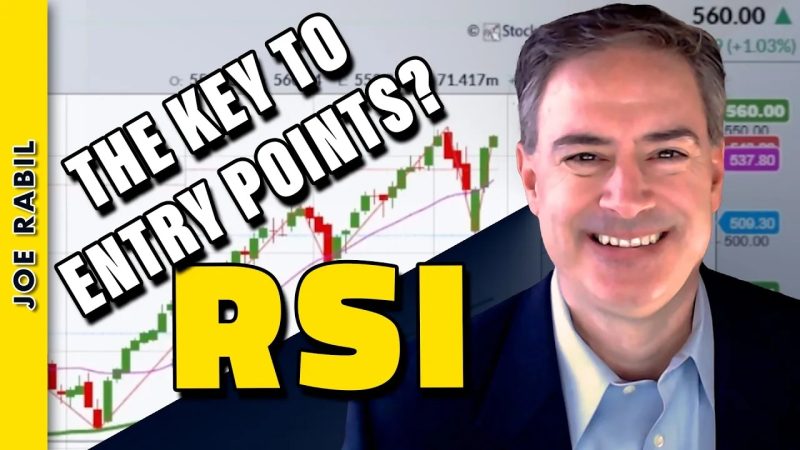Looking for the Next Entry Point in SPY? Use RSI
The Relative Strength Index (RSI) is a powerful tool used by traders to identify potential entry and exit points in the stock market. When it comes to trading SPY, the popular exchange-traded fund that tracks the performance of the S&P 500 index, using RSI can help traders make more informed decisions.
One of the key benefits of using RSI is its ability to indicate whether a stock or ETF is overbought or oversold. When the RSI value is above 70, it suggests that the asset may be overbought and due for a correction. Conversely, when the RSI value is below 30, it indicates that the asset may be oversold and due for a potential rebound.
In the context of trading SPY, keeping an eye on the RSI levels can provide valuable insights into the underlying momentum of the ETF. Traders can use this information to identify potential entry points for buying or selling SPY shares.
For instance, if the RSI of SPY has been hovering above 70 for an extended period, it may indicate that the ETF is overbought, and a correction could be on the horizon. In this case, traders might consider waiting for the RSI to drop below 70 before entering a short position or selling their existing holdings.
Conversely, if the RSI of SPY has been consistently below 30, it could signal that the ETF is oversold, presenting a potential buying opportunity. Traders might look for a bullish divergence or other technical indicators to confirm the potential reversal before entering a long position.
It is important to note that RSI should not be used in isolation when making trading decisions. Traders should complement RSI analysis with other technical indicators, such as moving averages, MACD, and volume analysis, to confirm their trading signals.
In conclusion, using RSI can be a valuable tool for traders looking for the next entry point in SPY. By monitoring the RSI levels and understanding its implications, traders can make more informed decisions and potentially improve their trading performance in the stock market.




























